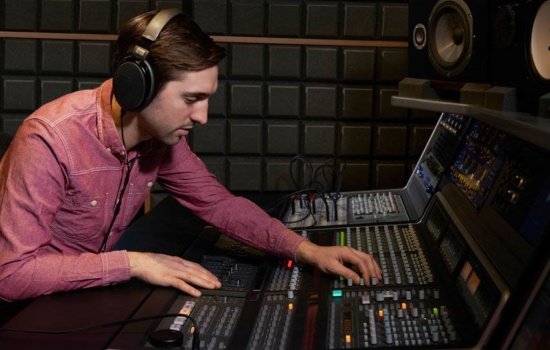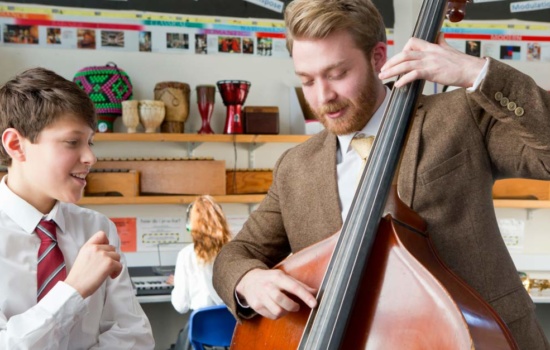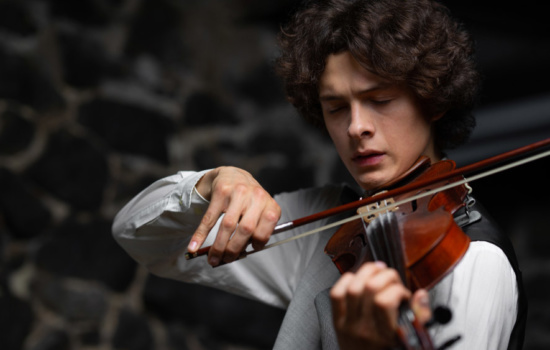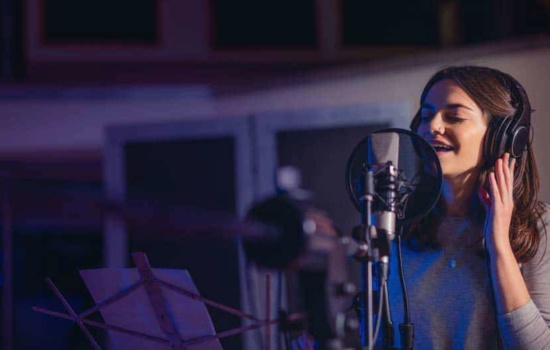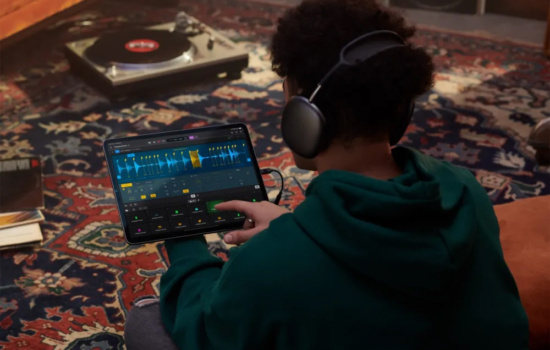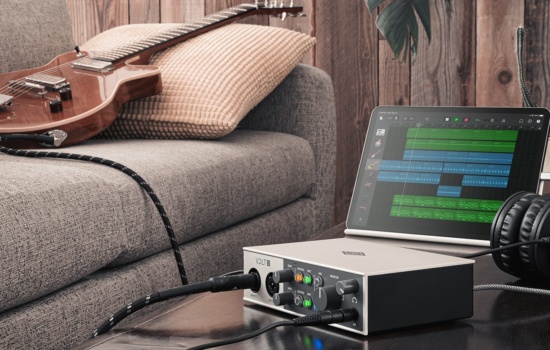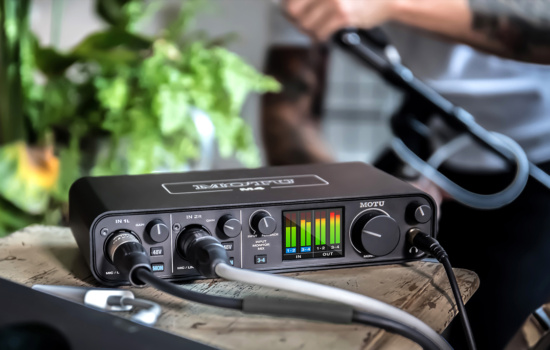Of all the certificate programs I looked into, the majority of those being offered at well-known institutions are for students wanting to improve as musicians.
Learning to play an instrument is something best grasped in person, and while there are absolutely ways to improve skills and become better at almost anything via online methods, the vast majority of certificates in this field required students to actually come to a location to practice and be properly instructed by a trained professional. This is in stark contrast to some of the other items on this list, which can be taught online much more easily.
Many colleges and universities that have built a reputation when it comes to producing some of the best musicians in the world via their bachelor’s, master’s, and Ph.D. programs also offer at least one certificate because they can be a great way for schools to bring in some much-needed money. If the resources are already on-hand, why shouldn’t they give those looking to play music for a living every possible option when it comes to different types of degrees?
It should come as no surprise Berklee offers the most certificates, as the school is perhaps the best-known name in the music education world.
A quick look at Berklee Online’s menu of options shows dozens of different musical programs, many of which focus on one specific instrument. (This school will come up several times in this article, as the list of possibilities is expansive.)
A number of instruments are available here when it comes to certificates, although their specialty seems to be guitars, as there are many choices available including general guitar, guitar skills, blues guitar, jazz guitar, and even rock guitar.
Yale offers a much more intensive and much longer Certificate in Performance for almost any instrument a student could wish for, as long as it’s already taught at the school (which is likely).
The same can be said for the New England Conservatory of Music, which also asks students to learn about music theory, music history, and “the technological tools necessary for being a musician in the twenty-first century.”
Those are just a few programs that stick to performance, and while not every college is on board with these degrees that often come before a bachelor’s, if an institution teaches students an instrument, chances are there’s a slightly easier certificate that can be earned as well.









